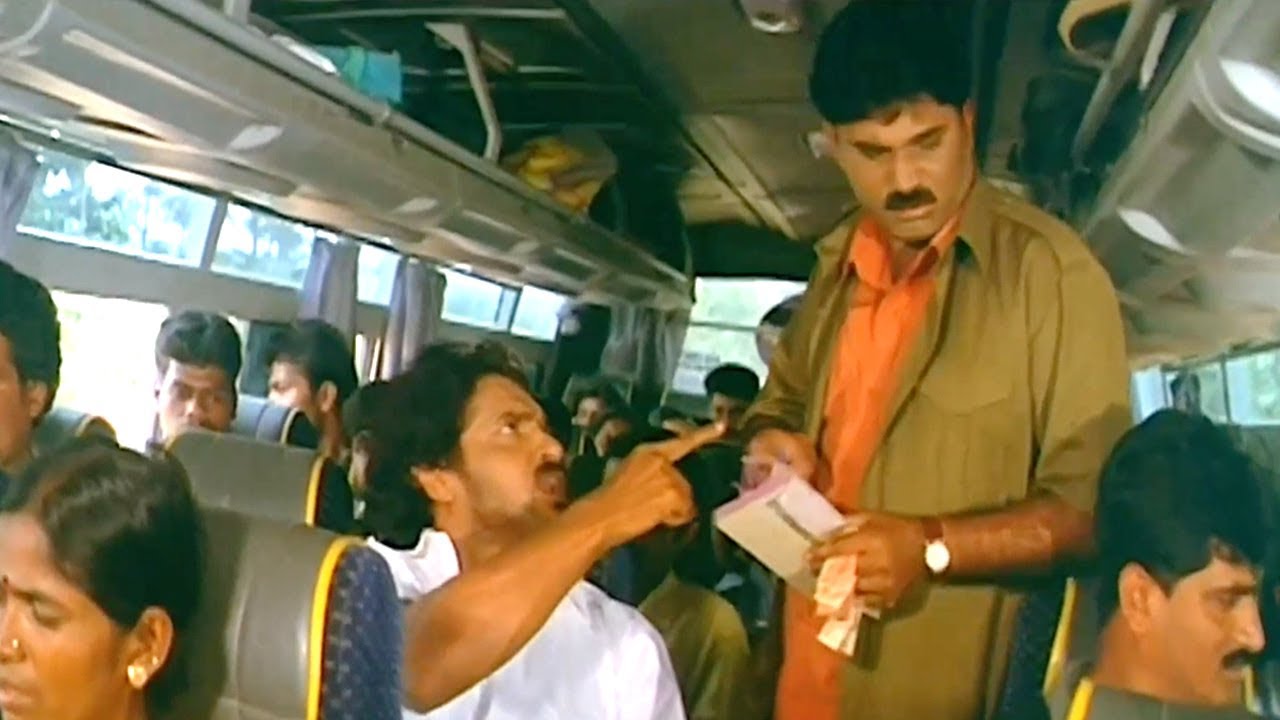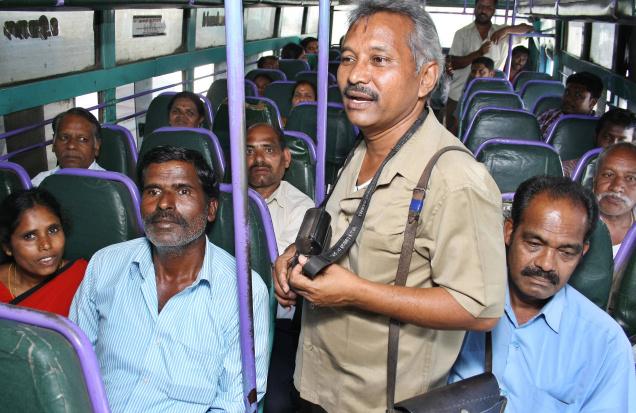XII English
Summary Notes
On Saying "Please"
In this beautiful essay, the writer points out the value of good manners in social life and emphasizes the importance of courtesy and politeness in daily behaviour. He shows how polite speech and manner sweeten the atmosphere around and how discourtesy and ill manners spoil or pollute it.
The angry lift man's case:
The angry lift man in a city office threw (hurled) a passenger out of his lift because the latter (the passenger) refused to say “please”! The adamant passenger wanted to go to the top floor, so he said Top! while the liftman expected him to say “Top-please!”
When the passenger refused to say "please" the lift-man felt insulted. His self-respect was challenged. He would have been less hurt if someone had kicked him. The pain of a kick on the shins soon passes away, but the pain of a wound to our self-respect may spoil a whole day. The passenger showed discourtesy by not saying "please" but not saying "please" is not a legal offence. The lift-man was fined for the physical attack.
One can retaliate (answer) a physical attack like the case of a burglar with reasonable violence. Law permits and excuses such violence but bad manners and lack of courtesy are not legally punishable offenses.

burglar
Violence is unjustifiable!
Even if someone is impolite, we cannot be violent with him/her. Law does not give us Liberty (freedom) to use violence (boxing people's ears) because we did not like their behaviour or the tone of their voices or the scowl on their faces. Violence is not justifiable because it will only lead to further violence and the gutters of the city would run with blood all day!
Even if I am an uncivil discourteous, the law will protect me against violence. There is no penalty for being haughty (proud) or boorish (rude and uncultured). The law cannot compel me to show good manners like saying "please" or speaking in proper tone.
Bad manners and bad tempers are infectious
A scene from The Rivals
When Sir Anthony Absolute bullied Captain Absolute, the latter went out and bullied his man, Fag, whereupon Fag went out downstairs and kicked the page boy.
The importance of good manners:
Politeness and good manners are the basic requirement of civility. “Please” or “Thank you” are small words, but these magical words have a great effect on mutual relationship. They ensure smooth give and take and friendly cooperation between the individuals instead of superiors dictating to interiors.
Unfriendly bus conductors:
a general scene
Many bus conductors don't have good relations with the passengers. They think the passengers are their natural enemies who want to cheat them. They try to control the passengers by a loud voice and aggressive manner.

unfriendly bus conductor
The friendly, good-natured bus conductor:
a rare case
The writer had a very good experience from a bus conductor who was very polite and passenger-friendly.
One day the writer boarded his bus and found that he had forgotten his pocket at home! That means he had no money now! he was penniless! Generally, in such a case, the bus conductor looks at the passenger with anger, doubt and hatred assuming that the passenger is a cheater, but this great conductor understood the writer and showed kindness. the writer told the bus conductor that he wanted to go back home to get the pocket but the conductor made him feel comfortable and offered him a ticket for free (generosity).
Once this conductor friend happened to trample on the writer's sensitive toe. Actually, he had hurt the writer badly but since the conductor was so nice, the writer bore the pain silently and told him that he had not hurt him. This conductor friend showed very good patience and tried his best to make his passengers feel comfortable in his bus.

friendly bus conductor
The examples of the conductor's kindness:
- If it was raining, he would invite the passengers telling that seats are vacant in the bus.
- With old people, he behaved affectionately like a son.
- He showed kindness to children too.
- He cared for the young people and always made fun with them.
- In case of a blind passenger, he not only set him down safely but also took him across the road or round the corner.
The writer was very pleased with the conductor's ways. He liked the ease with which he worked.
The writer says that like bad manners, good manners area also infectious. If we come in contact with a good-mannered person, we too become good. The bus conductor's good conduct, courtesy and sense of humour had a positive impact on his passengers.
The great bus conductor has proved that an ordinary calling (simple, undignified profession) may be dignified by good temper and kindly feeling. We should take lessons/ inspiration from such people.
We should value the actions that sweeten the atmosphere. That will help us to make life 'kindly and tolerable for each other'. The world will be a beautiful, liveable place if we flavour our actions with kindness, courtesy and humour. Law has limitations and cannot help us to create a happy and civil society. At the most, it can protect us against a physical attack.
Subtle revenge:
The writer suggests a subtle revenge like showing politeness to impolite, rude and ill-mannered people.
If the lift-man had treated the gentleman who refused to say "please" with enough politeness, he would have had the victory not only over that rude person but also over himself. Such a victory is priceless, invaluable!